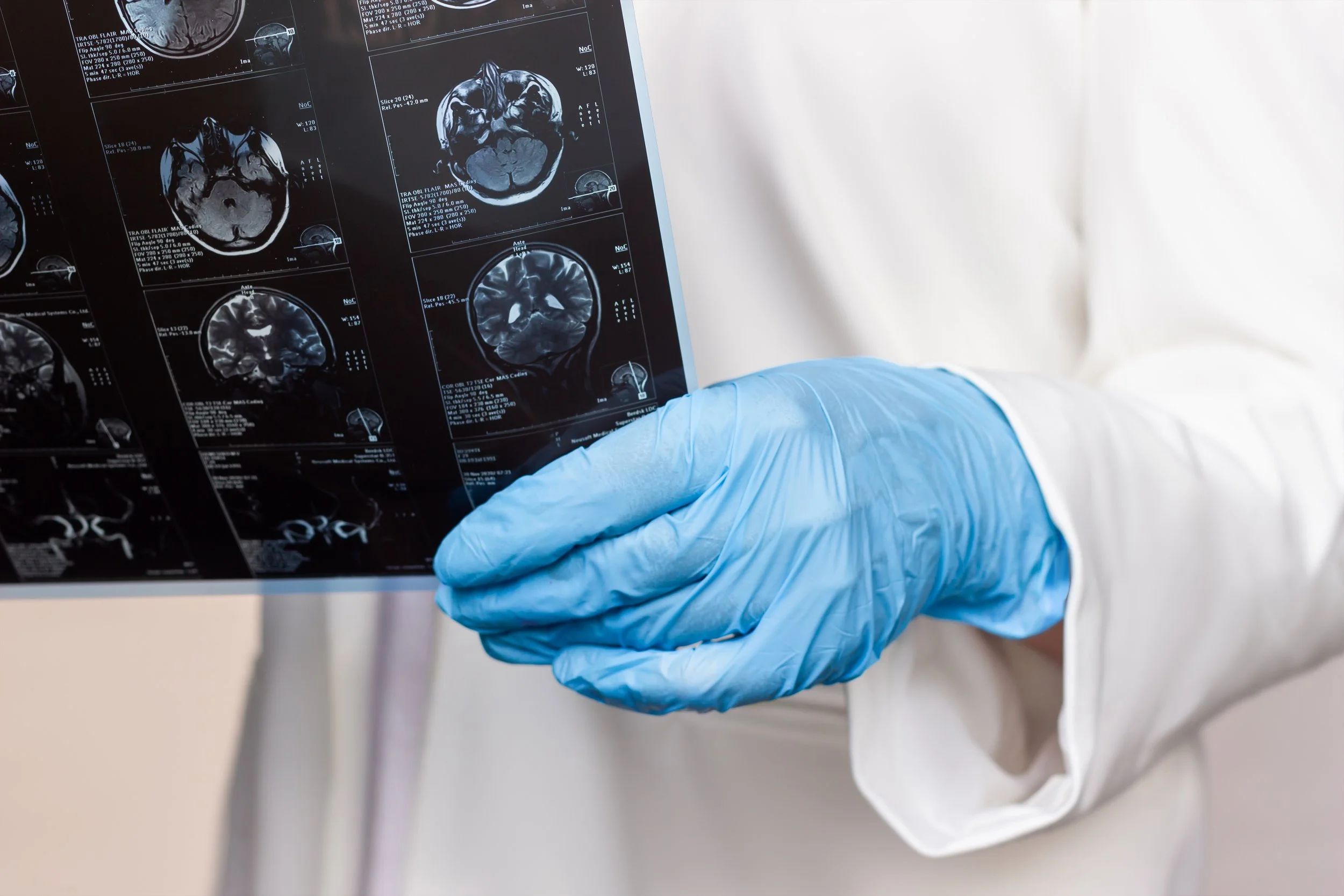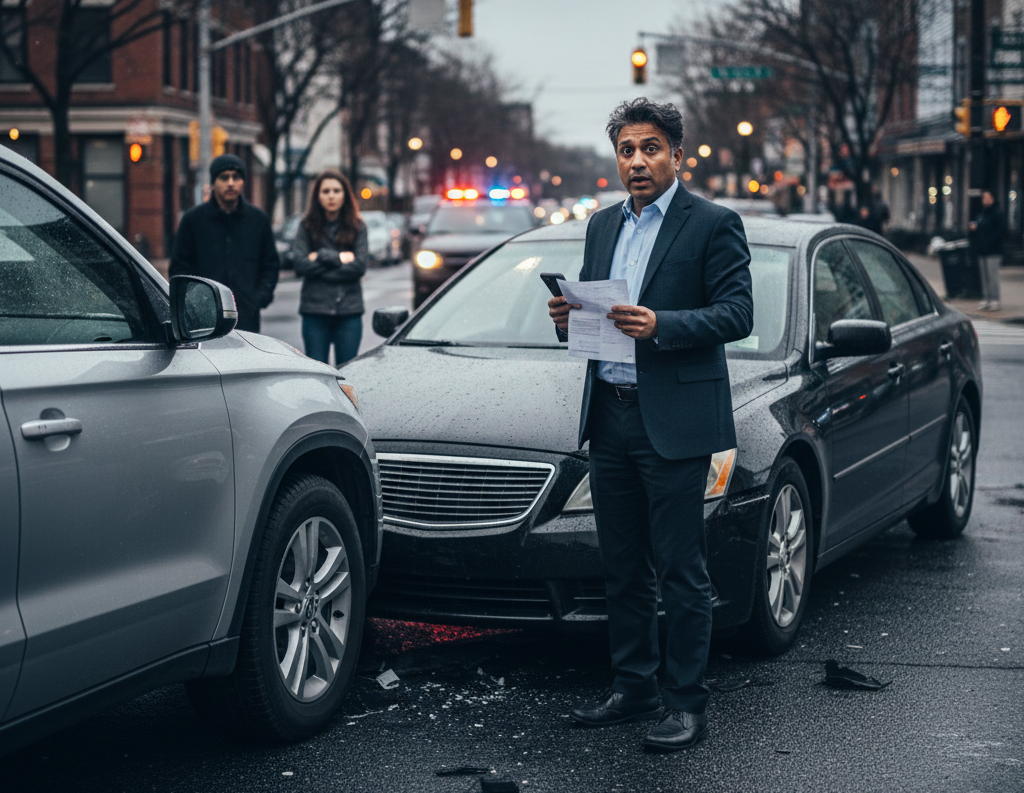Step-by-Step Guide After a Car Accident in New Jersey
What to Do After a Car Accident in New Jersey
Being involved in a car accident can be stressful and confusing. Following the correct steps immediately afterward can help protect your health, legal rights, and financial interests. This guide provides clear instructions on what to do after an accident in New Jersey.
1. Ensure Safety First
Move to Safety: If possible, move your vehicle to a safe location to prevent further accidents.
Activate Hazard Lights: Turn on your hazard lights to alert other drivers.
Check for Injuries: Assess yourself and others for injuries. If anyone is injured, call 911 immediately.
2. Report the Accident to the Police
Mandatory Reporting: New Jersey law requires you to report any accident that results in injury, death, or property damage exceeding $500 to the police.
File a Report: If the police do not respond to the scene, you must file a written report with the New Jersey Motor Vehicle Commission (MVC) within 10 days of the accident.
Obtain Report Details: If a police report is filed, request the case number and the officer's contact information for future reference.
3. Exchange Information
Driver Information: Exchange names, addresses, phone numbers, and driver's license numbers.
Insurance Details: Obtain insurance company names and policy numbers.
Vehicle Information: Record the make, model, and license plate numbers of all vehicles involved.
4. Document the Scene
Photographs: Take clear photos of all vehicles involved, visible damages, road conditions, traffic signs, and any visible injuries.
Witness Information: Collect names and contact information of any witnesses.
Accident Details: Note the time, location, weather conditions, and any other relevant circumstances.
5. Avoid Admitting Fault
Stick to Facts: Do not admit fault at the scene. Simply provide factual information about the accident.
Let Authorities Determine Fault: Allow the police and insurance companies to investigate and determine fault.
6. File a Police Report (If Not Already Done)
MVC Reporting: If the police did not respond to the scene, you must file a written report with the MVC within 10 days of the accident.
Online Reporting: You can file the report online through the MVC website.
7. Visit a Doctor or Injury Clinic
Immediate Care: Even if you feel fine, get checked by a doctor as some injuries may appear later.
Medical Documentation: Ensure all visits and treatments are well-documented as accident-related.
Follow-Up Care: Attend all recommended follow-up appointments and therapy sessions.
Where to Go:
Urgent Care or ER if pain, dizziness, or bleeding
Injury Clinic for continued care, physical therapy, diagnostics
What to Ask For:
Medical report with crash clearly noted as cause
Imaging results (X-ray, MRI, etc.)
Copy of all bills and diagnosis
These records are essential for insurance claims and possible legal action.
8. File a Personal Injury Protection (PIP) Claim
New Jersey uses a no-fault insurance system, meaning your own insurance pays for your medical bills first.
Submit medical bills, records, and proof of injury to your insurer promptly.
Keep copies of all documents for your records.
Your PIP coverage usually includes ER visits, follow-ups, therapy, and diagnostics.
9. Consider Consulting a Personal Injury Lawyer
A lawyer is recommended if injuries are serious, disputes arise, or you are unsure about your rights.
Many offer free consultations and work on a contingency basis, meaning you pay only if you win the case.
Important Deadlines
Police report: within 10 days if required.
PIP claim: submit as soon as possible to avoid delays.
Personal injury lawsuit: generally within 2 years from the date of the accident.
Clinic Checklist
Bring ID and insurance information.
Provide police report number and accident details.
Request detailed medical records, including diagnoses, treatment plans, and imaging results.
Follow all medical advice and attend follow-ups.
Disclaimer: The information provided in this blog is for educational purposes only and is not intended as medical advice. For a professional diagnosis and treatment plan, please consult with your doctor or our specialists at Premier Pain & Rehab Center, PC. Read our full Medical Disclaimer here.
© 2025 Premier Pain & Rehab Center, PC. All rights reserved.








